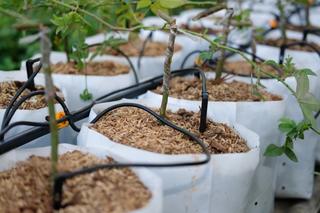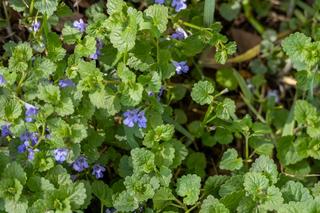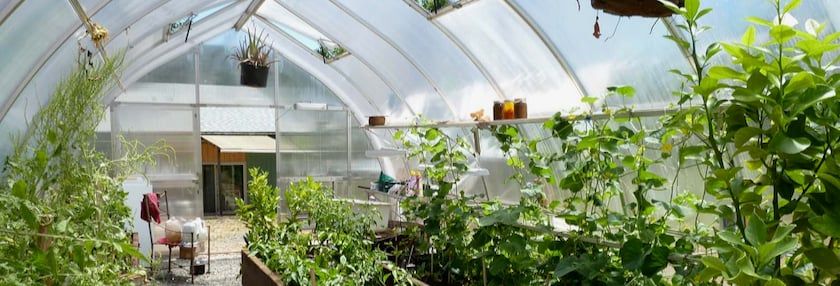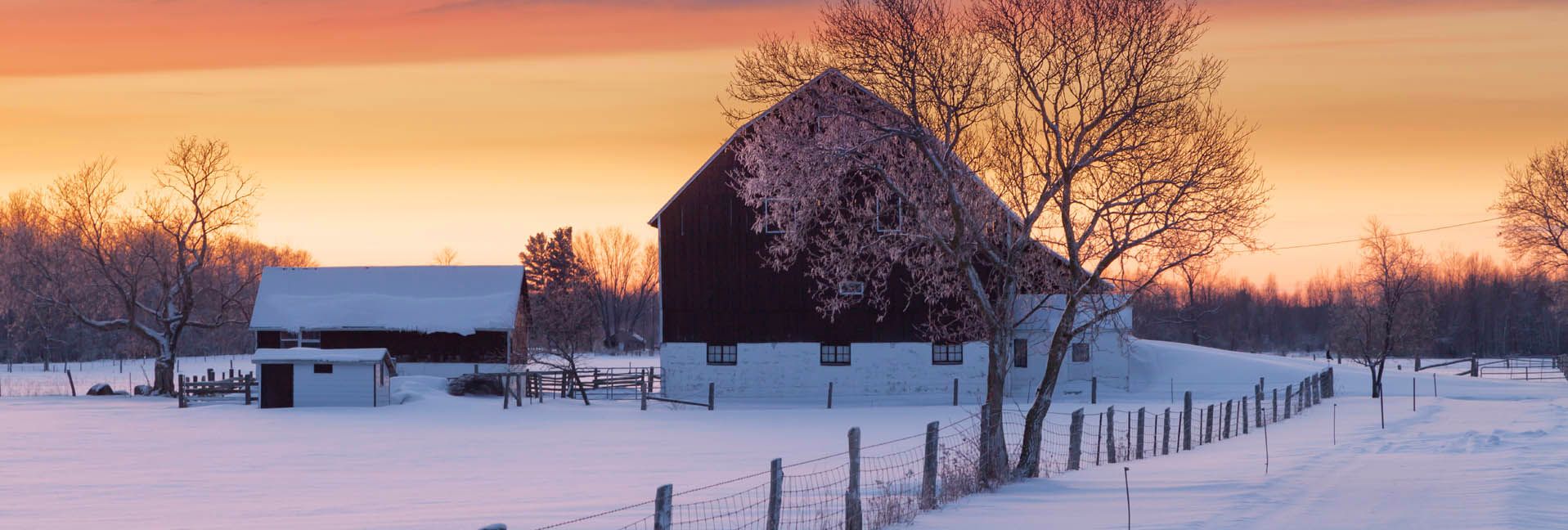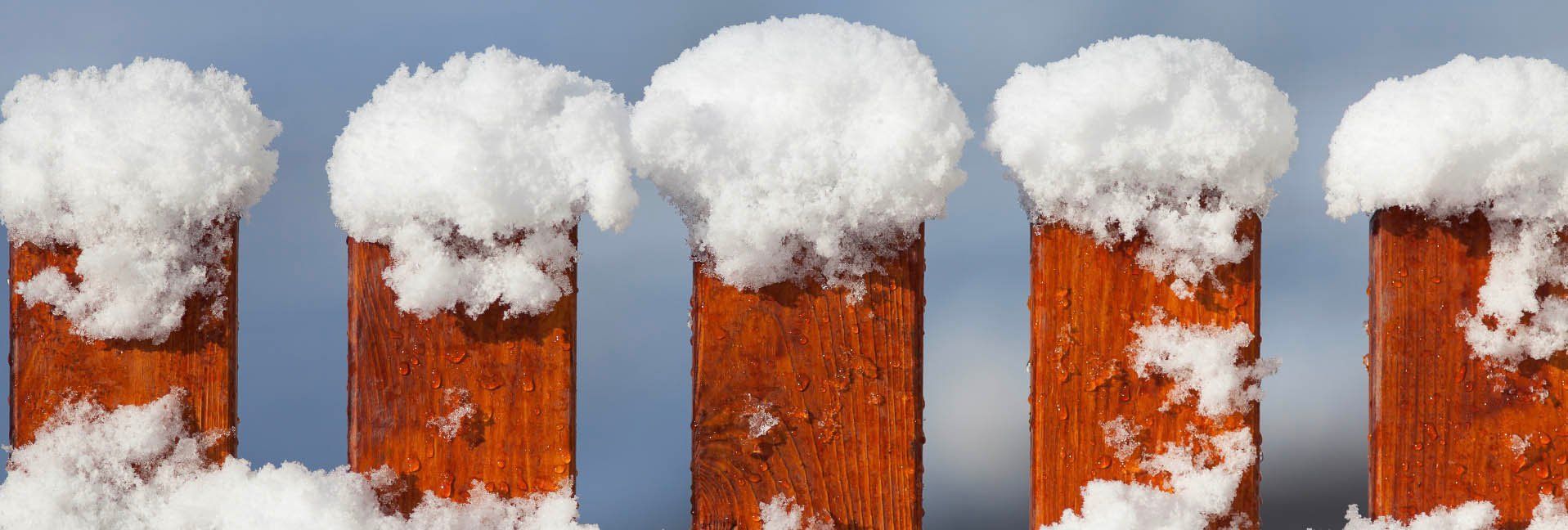5 Questions to Ask Your Farm Insurance Agent
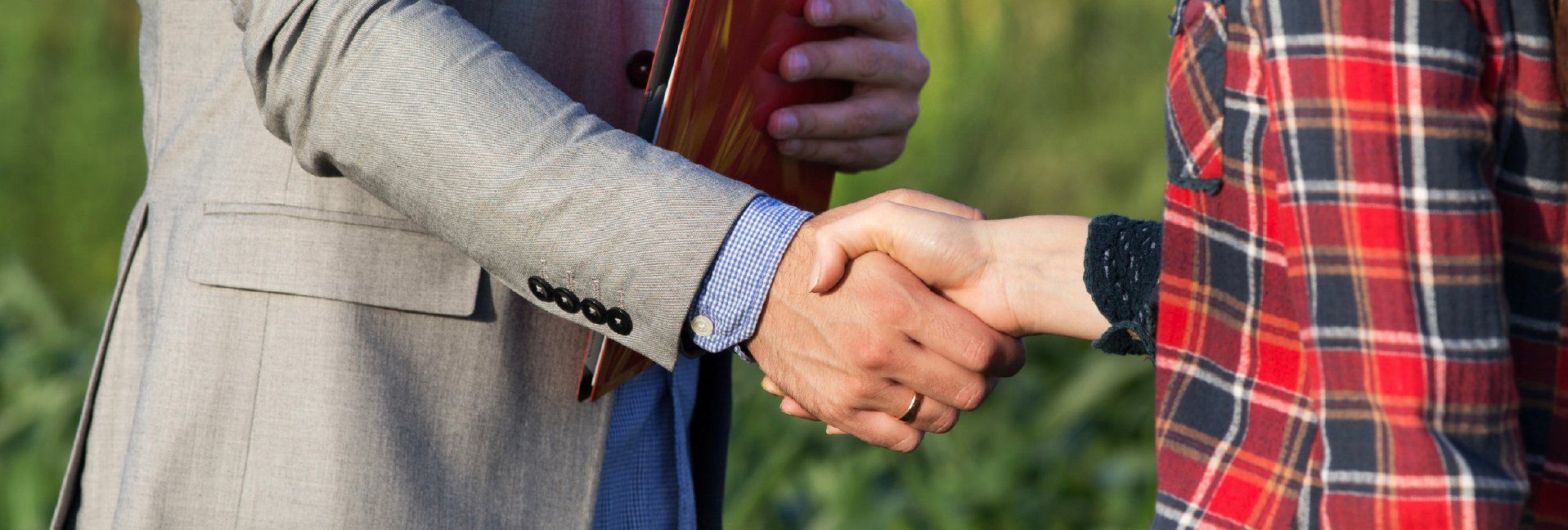

When your agent schedules your annual farm package insurance renewal, this year you’ll want put him or her to the test. You want the coverage for your operation’s risks, but maybe you’re not certain what questions you should be asking. Here are five questions to get the ball rolling.
Deductibles—When looking at loss, you should ask yourself “What deductible amount can I self-insure before I will need assistance from my insurance to take care of the rest?” Is this amount $500, or $5,000? Then, ask your agent what the premium difference is for different deductible options on your property risks.
Only you can weigh out whether the premium difference is worth changing your deductible either lower or higher than it currently stands.
Replacement Type—The most common replacement types used in the insurance industry today on dwellings and farm structures are actual cash value and replacement cost. What is the difference between the two?
Actual cash value allows you to insure a structure for less than what it would take to replace the entire structure at today’s material and labor expenses. This replacement type is the cheaper of the two options, but also consider that depreciation can be taken out of the coverage limit of the structure. This depends on the condition of the structure, and/or if you’ve over-valued the actual coverage limit of the structure.
Also beware that actual cash value will not replace the structure in the event of a complete loss.
Replacement cost allows you to insure a structure at today’s material and labor expenses. So even though you might have a structure that is 30 years old at the time of a loss, your insurance will repair the damages at today’s cost without depreciation coming into play.
Tip: make certain your values are up to date with today’s material and labor expenses. Talk with your agent about the replacement type that you currently have on your structures, and the premium differences between coverage types.
Cause of Loss—With most insurance carriers, you have three choices to choose from when deciding which perils you want to protect your property from: Basic, Broad, or Special. These options can be made on dwellings, farm structures, machinery, livestock, commodities, and much more. Discuss each with your agent, and they can provide more detail on these options.
Farm Liability Limits—We get asked all the time how much liability should our customers secure for their operations. Since no one is able to predict what accidents might come your way, we recommend securing liability limits that equal the net worth of your operations.
As a rule, farm liability policies do not exceed $1 million. For a higher limit, you’ll need secure a farm umbrella policy. Ask your agent about the premium that would match your liability limits with your net worth.
Endorsements—These are the many missing insurance coverage pieces to your unique farming operations that your general insurance policies do not automatically cover. These missing pieces come in many forms: dwelling water/sewer backup, broad coverage on high-valued items (jewelry, cell phones, firearms), off-premise recreational vehicle liability, custom crop spraying liability, and pollution coverage to just name a few.
Have a detailed, what-if discussion with your agent about your operation, and don’t hold back on what your operations entail. Anything withheld might be critical to providing adequate coverage.
Tags:Seasonal Living

Acreage Life is part of the Catalyst Communications Network publication family.






